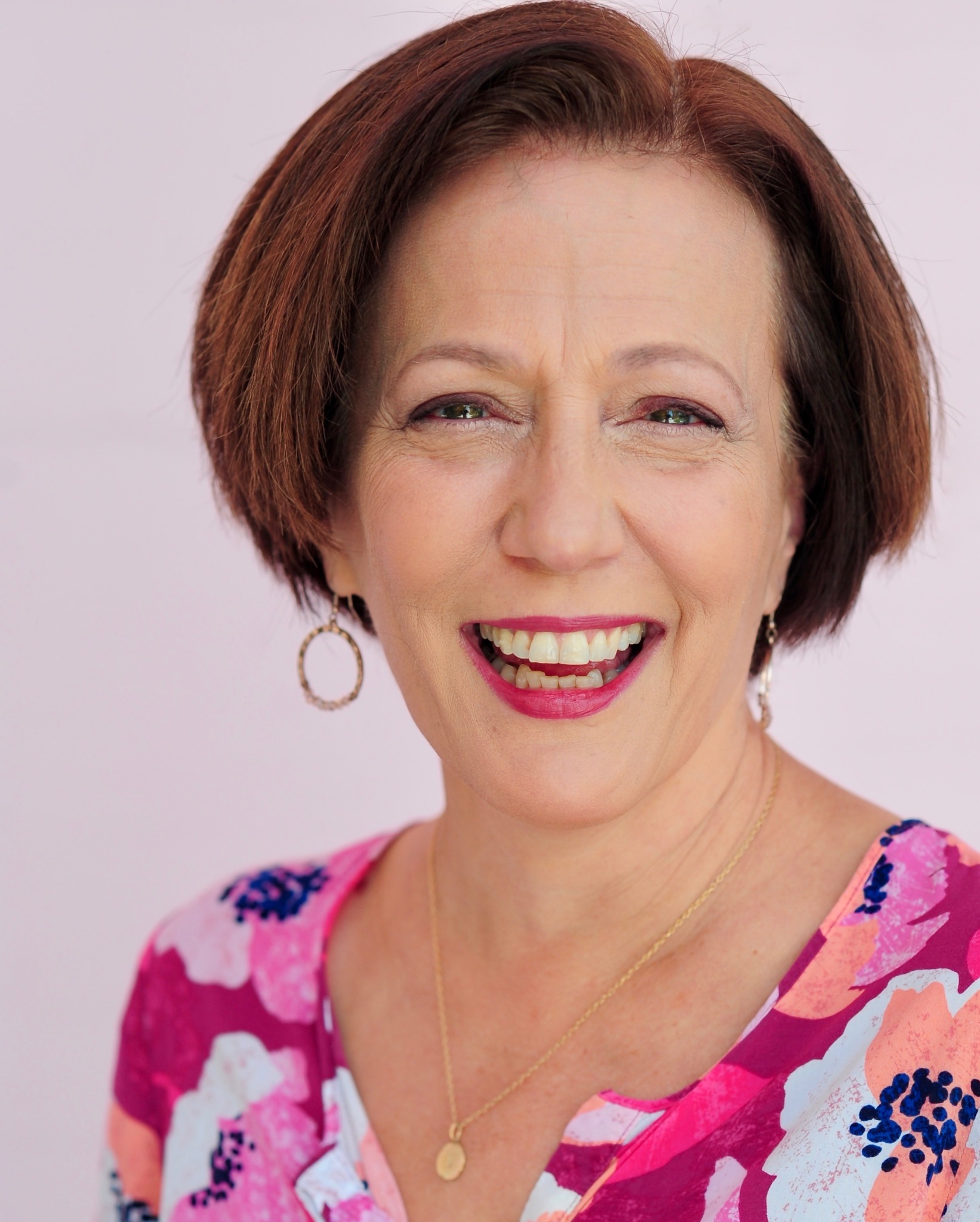Alright – so today we’ve got the honor of introducing you to Laura Hall. We think you’ll enjoy our conversation, we’ve shared it below.
Laura, thanks for taking the time to share your stories with us today We’d love to hear about the things you feel your parents did right and how those things have impacted your career and life.
When I was in college I wanted to study music, but my inner critic said, “It’s not practical” and “I’m not good enough”. Yet I kept being drawn back to it. Finally my dad told me to just make the leap and give it a try. If it didn’t work out, I was still young and I could try something else later. He was exactly right. You can’t always see the path ahead, you have to trust your instincts and make the leap sometimes.

Awesome – so before we get into the rest of our questions, can you briefly introduce yourself to our readers.
I knew I wanted to be a musician as a teeneager, but I felt uncertain if I could do it, and didn’t know what it would look like. What I discovered is that it’s ever evolving. I really couldn’t have predicted it from the start.
In my 20s I lived in Chicago and did everything and anything I could as a musician including: teaching piano lessons, playing events/weddings in cover bands, accompanying dance classes, piano bar, writing for and playing in original bands, playing auditions for singers, writing for and playing in church, writing and performing for plays & musicals. I also started playing at the big improv theaters in Chicago; The Second City, The Annoyance, and iO theaters.
Later I moved to LA where I studied compsition for film at UCLA, continued playing in bands and writing songs. Then I got what turned out to by my big break, an audition for musical director and improvisational pianist on a new TV show, “Whose Line is it Anyway”. The audition came through an actor I had worked with at Second City, who was now a producer on the show. (It’s all about building relationships) That audition turned into 21 seasons with the show, as well as lots of live performance opportunities. I am currently touring full time with a group called Whose Live Anyway, doing shows all across North America.
Along the way I discovered there’s very little training on how to do musical improv. This is true for actor/singers, but especially for musicians. So I’ve developed workshops to teach musical improv to both actors and musicians, have created learning resources for improv singers, wrote a book and created an online course for improv musicians.
For a while I worried that I was too unfocused, a jack of all trades, master of none. But all the different kinds of playing I did were perfect for building the skills I needed for a career I hadn’t foreseen in improv. I also worried that what I do in improv is too niche. It is indeed niche, but I realized that’s actually my strong suit. I am well known within the world of improv, and it’s provided me with a long, happy career. Improv has also helped me in my other musical projects, like songwriting and film scoring, by making me a more free player, and more comfortable with the “unknowns” of creativity.

We often hear about learning lessons – but just as important is unlearning lessons. Have you ever had to unlearn a lesson?
It used to be very hard for me to say no to a gig. I felt like I had to do everything ever offered me, even if it wasn’t a good fit, didn’t feel right, didn’t pay enough, etc. Somehow I had “learned” that if you ever said no, you’d never get called again. It’s a common fear, I think, among free lancers.
But I learned the hard way that there can be more negative business consequences trying to pretend you’re something you’re not, and probably not doing a good job, than there are from turning a gig down. Or if you do a job that afterward you feel resentful that you weren’t compensated properly for.
I have a formula I’ve created for myself when considering a gig. For me, it’s a balancing act between these elements:
Is it creatively fulfilling?
Will I work with other creatives who will challenge me and are fun to work with?
Can build new relationships or audience?
Is the money good?
Is it a hassle in terms of travel, gear to bring, etc?
So a gig at a local club with some of my friends I love to play with, might be low on the money earned, but super creative and fun, as well as building audience. A corporate show might be a hassle to travel to and not necessarily that fun, but high on the money earned and maybe working with a promoter I want to build a relationship with. It’s important to work out what works for you.

For you, what’s the most rewarding aspect of being a creative?
It’s never boring! I am constantly challenged and finding new ways of expressing my creativity. Even the times that have been hard, when I’ve felt the need to reinvent myself, or learn new technologies, are creative in their own ways.
Contact Info:
- Website: https://www.laurahall.com
- Instagram: laurahallmusic
- Facebook: Laura Hall Musician
- Youtube: @laurahall2306



